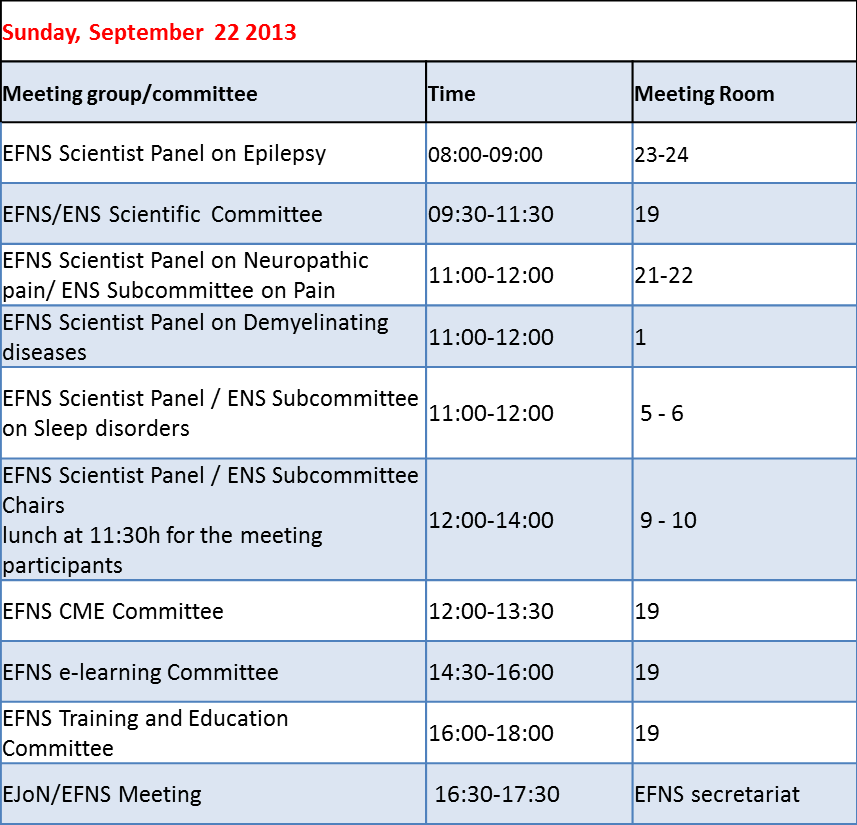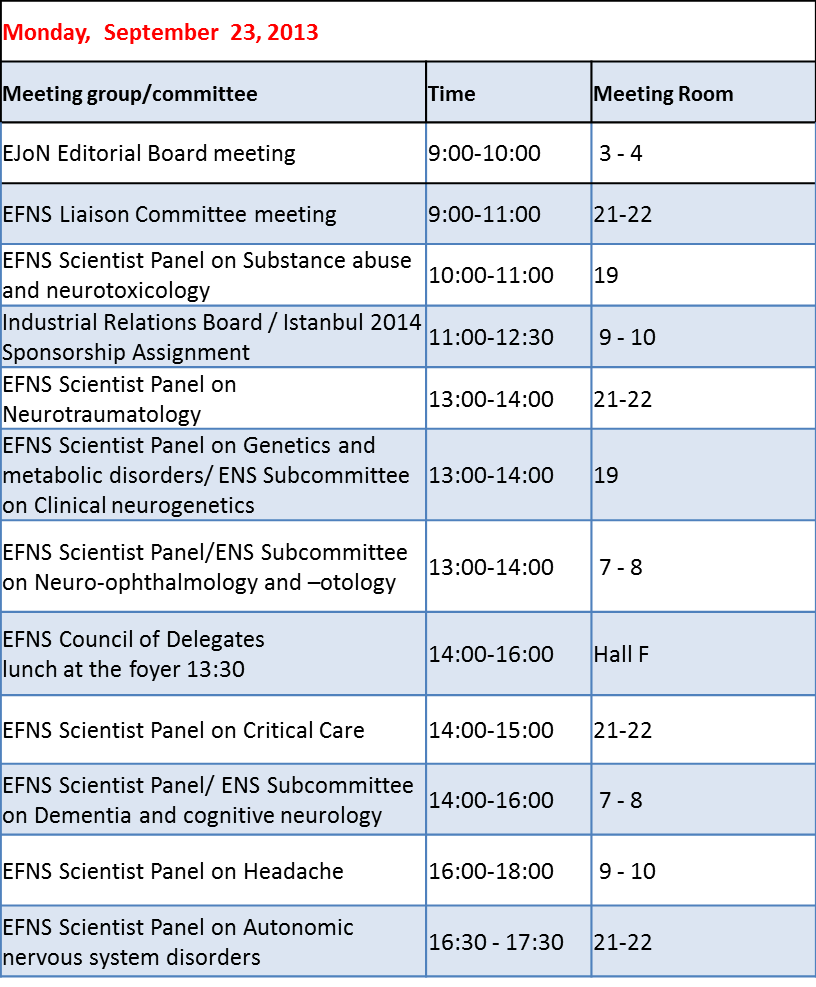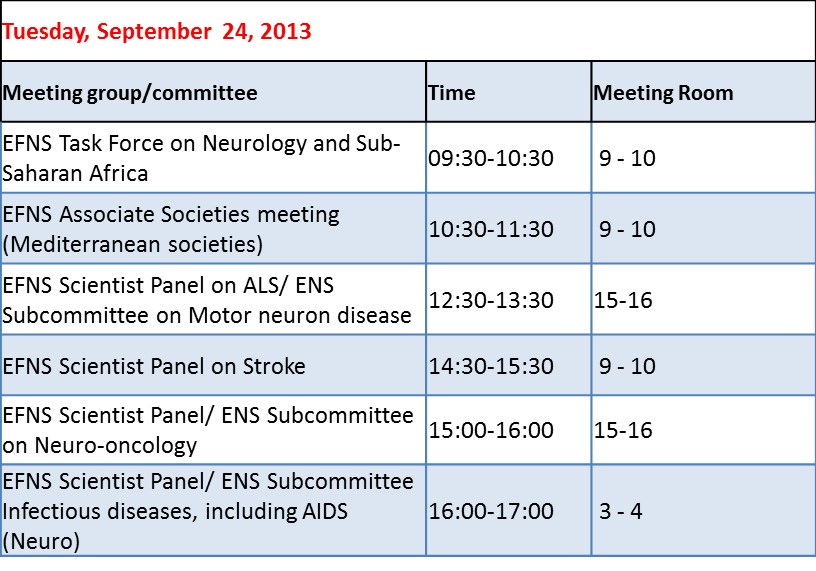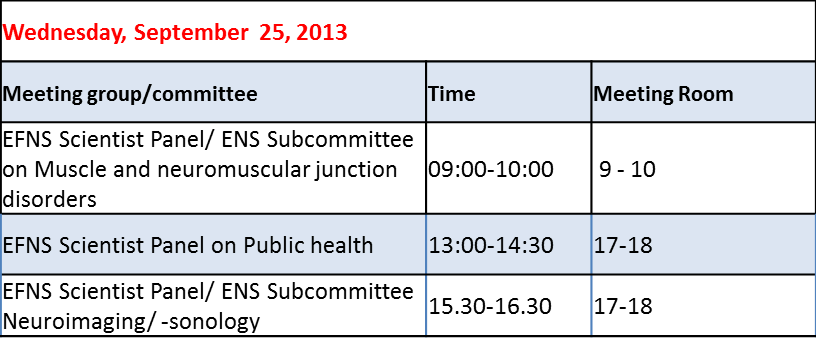Introduction by Gian Luigi Lenzi
As Editor-in chief of Neuropenews, I have preferred, so far, not to write any particular Introductions to the Interviews that Neuropenews publishes monthly, kindly released by public authorities in the Neurological world and elsewhere.
Our… Continue Reading
Our… Continue Reading





 EFNS Meetings during the World Congress of Neurology was last modified: September 24th, 2013 by Editor…
EFNS Meetings during the World Congress of Neurology was last modified: September 24th, 2013 by Editor…